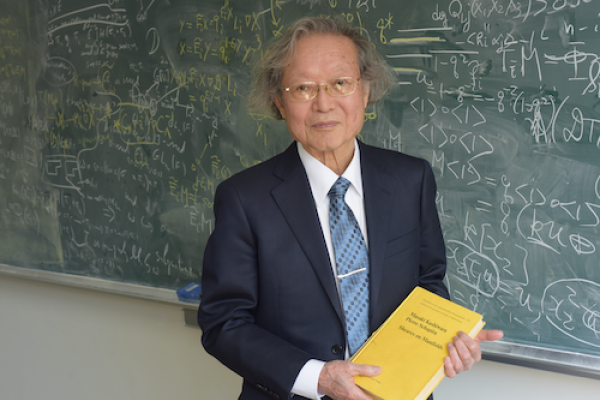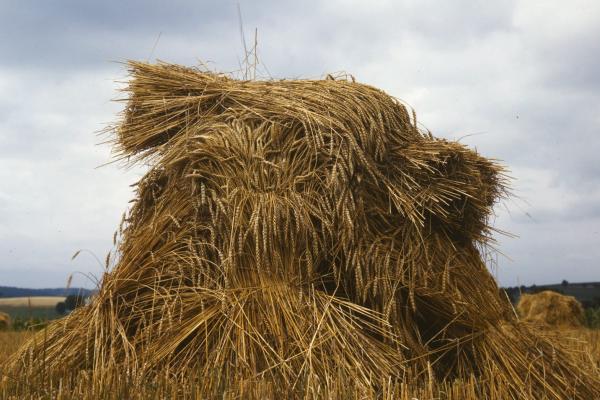
Evidence week: Shaping the future of AI
To make informed decisions regarding AI politicians need to talk to the mathematicians and scientists who develop it. In this episode of Maths on the Move we report on Evidence Week, an event in Parliament that enabled mathematicians and policy makers to exchange ideas.















